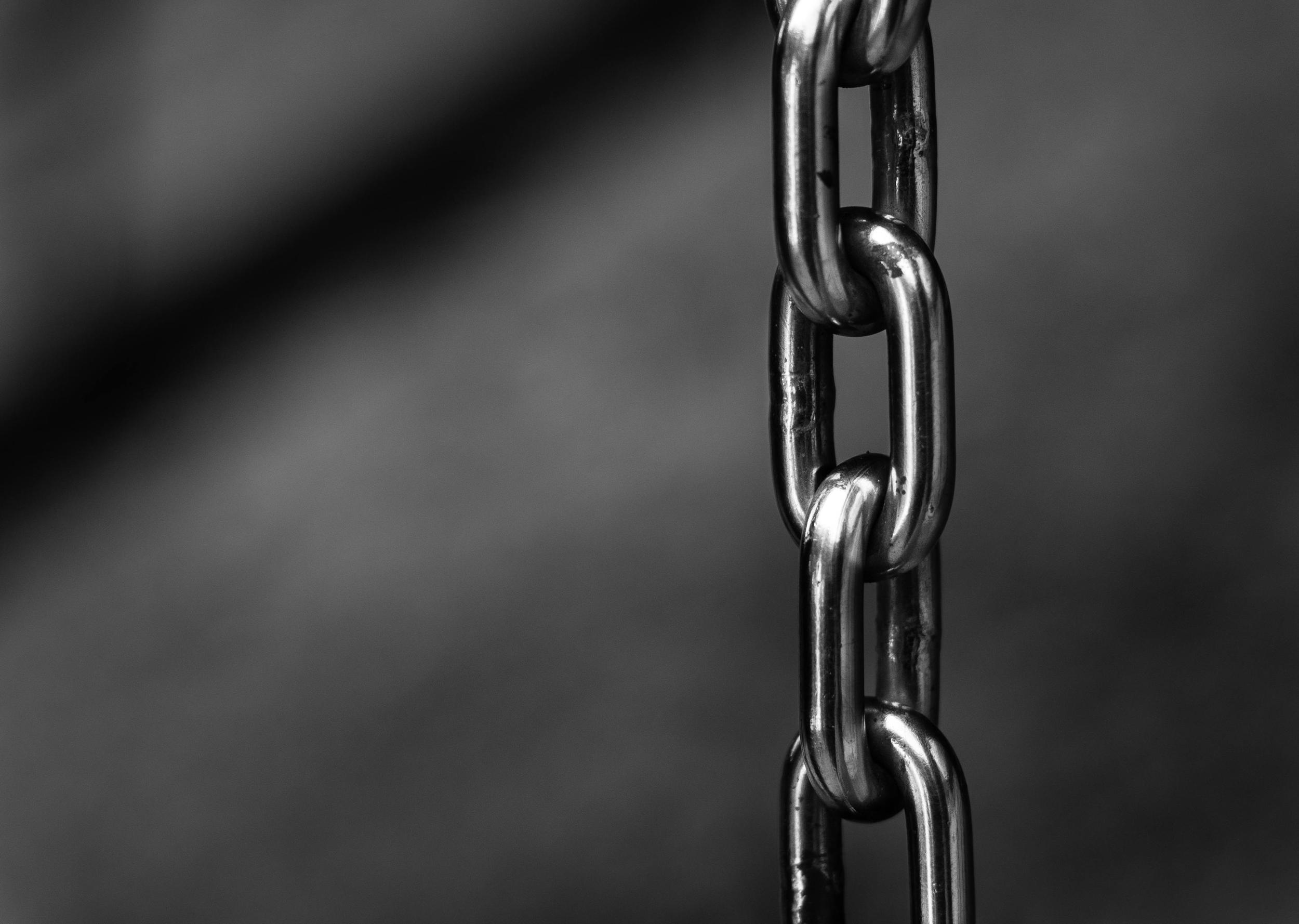
Early-stage companies are fragile. There are funding gaps, product bugs, customer churn, hiring mistakes, and competitive surprises. Resiliency helps you absorb the hits without folding. It’s the difference between collapsing under pressure and learning how to pivot.
The most successful founders aren’t just smart. They’re scrappy. They know how to deal with failure, stay steady through uncertainty, and lead teams through tough patches. That kind of resiliency doesn't come by accident. It’s built.
1. Normalize failure early
Create a culture where it's safe to talk about what didn’t work. When failure becomes part of the learning process, your team becomes more confident taking risks and more agile when adjusting course.
2. Hire for grit, not just skill
Resilient companies are built by resilient people. Look for candidates who’ve weathered storms, solved hard problems, or stayed committed through challenges. Past behavior is a strong predictor of future toughness.
3. Focus on mission, not hype
A flashy vision might get you attention, but a grounded mission will keep your team anchored when the road gets bumpy. Remind people why you're doing this, especially when things get hard.
4. Build flexible plans
You need a strategy, but don’t get married to it. Build in contingency paths. Be ready to pivot based on customer feedback or market shifts. Resiliency doesn’t mean sticking to the plan no matter what. It means knowing when to adapt.
5. Invest in mental fitness
Startups are emotionally demanding. Encourage time off. Provide access to coaching or mental health resources. Burnout is real, and a team that isn’t mentally well won’t have the energy to bounce back.
6. Celebrate small wins
Don’t wait for the big funding round or the million-dollar customer to celebrate. Acknowledge progress. That boost of morale can make the difference between a team that pushes through and one that falls apart.
Resiliency doesn’t show up on your pitch deck. It won’t get written into your code. But it’s one of the most powerful assets a new company can develop. When the inevitable challenges come, and they will, it’s what will keep you standing.